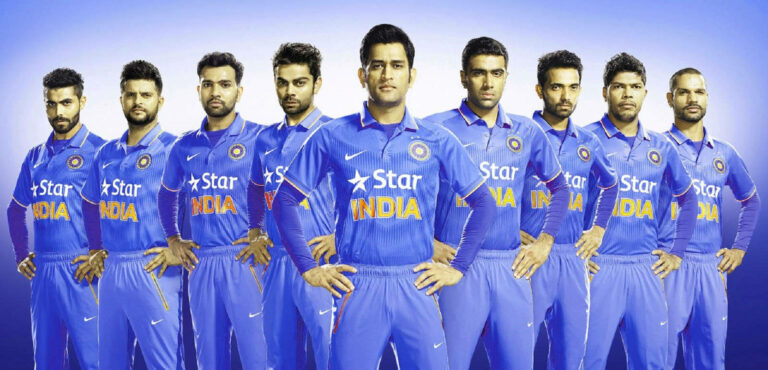The Role of IPL in Shaping Cricket Governance Policies
11xplay reddy login registration, gold365 login, Skyfairs New ID:Cricket, often referred to as the gentlemen’s game, has evolved over the years, and one of the significant factors contributing to its transformation is the Indian Premier League (IPL). The IPL has not only revolutionized the way cricket is played but has also played a pivotal role in shaping cricket governance policies globally.
Introduction to IPL and its Impact on Cricket Governance
The Indian Premier League, commonly known as the IPL, was established in 2008 by the Board of Control for Cricket in India (BCCI). It was introduced as a franchise-based T20 cricket league that aimed to provide a platform for young and talented cricketers to showcase their skills while also entertaining cricket fans worldwide. The IPL’s format was unique, with teams representing different cities and comprising a mix of international and domestic players.
The IPL’s success was unprecedented, with its high-octane matches, star-studded line-ups, and innovative marketing strategies garnering a massive fan following. The league’s popularity soared, leading to a surge in revenues for the BCCI and the participating teams. This financial success had a significant impact on the governance policies of cricket boards across the globe.
How IPL Shaped Cricket Governance Policies
1. Financial Sustainability: The IPL’s lucrative broadcasting deals, sponsorship agreements, and ticket sales set a new benchmark for revenue generation in cricket. Other cricket boards took notice of the IPL’s financial model and started exploring similar revenue streams to ensure the financial sustainability of their respective boards.
2. Player Welfare: The IPL raised the standard of player welfare by introducing insurance policies, proper medical facilities, and stringent rules to prevent player burnout. Other cricket boards across the world adopted these player-centric policies to prioritize the well-being of their players.
3. Talent Development: The IPL’s emphasis on nurturing young talent and providing them with opportunities to shine on the big stage inspired other cricket boards to invest in grassroots development programs and talent scouting initiatives. This focus on talent development has led to the discovery of several promising cricketers who have made a mark at the international level.
4. Anti-Corruption Measures: The IPL faced its fair share of controversies, including match-fixing scandals and corruption allegations. To combat these issues, the BCCI implemented strict anti-corruption measures and integrity protocols. These measures have been adopted by other cricket boards to safeguard the integrity of the sport.
5. Diversity and Inclusivity: The IPL’s diverse team compositions, with players from various countries and backgrounds coming together to compete, promoted inclusivity in cricket. This emphasis on diversity led other cricket boards to embrace a more inclusive approach in team selection and governance policies.
6. Fan Engagement: The IPL’s success in engaging fans through social media, interactive campaigns, and immersive experiences set a new standard for fan engagement in cricket. Other cricket boards have followed suit by leveraging digital platforms to connect with fans and enhance the overall spectator experience.
The Impact of IPL on Global Cricket Governance
The IPL’s influence on cricket governance extends beyond the boundaries of India. The league’s success has prompted cricket boards worldwide to rethink their governance policies and adopt a more professional and transparent approach to managing the sport. The emphasis on integrity, player welfare, financial sustainability, and fan engagement championed by the IPL has become the new norm in global cricket governance.
FAQs
Q: How has the IPL influenced player salaries in cricket?
A: The IPL’s high player salaries have set a new benchmark for cricket player contracts globally, leading to increased remuneration for players across different leagues and formats.
Q: Has the IPL impacted the scheduling of international cricket matches?
A: The IPL’s crowded schedule has led to discussions on the international cricket calendar, with cricket boards striving to strike a balance between accommodating the league and ensuring players get adequate rest.
Q: What role does the IPL play in nurturing young talent?
A: The IPL provides a platform for young cricketers to showcase their skills alongside international stars, offering them exposure and valuable experience that can benefit their careers in the long run.
In conclusion, the IPL has not only transformed the way cricket is played but has also been instrumental in shaping cricket governance policies globally. The league’s emphasis on financial sustainability, player welfare, talent development, anti-corruption measures, diversity, and fan engagement has set a new standard for cricket governance. As the IPL continues to innovate and evolve, its impact on cricket governance is likely to grow, influencing the future direction of the sport.







